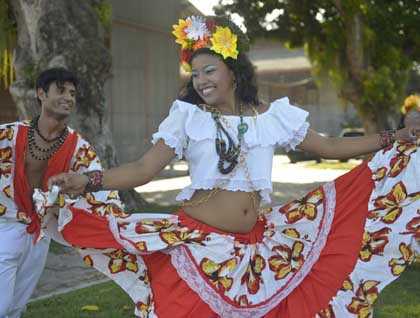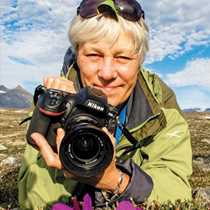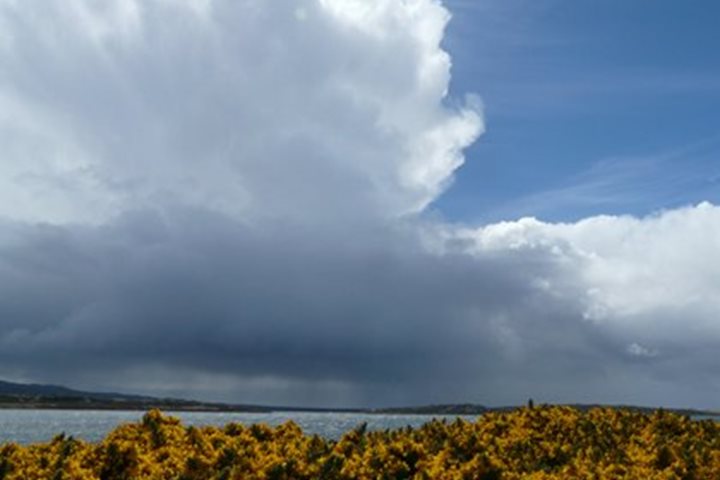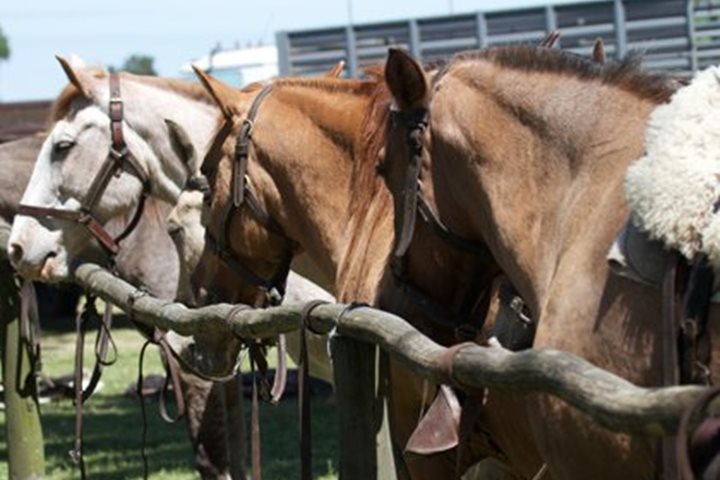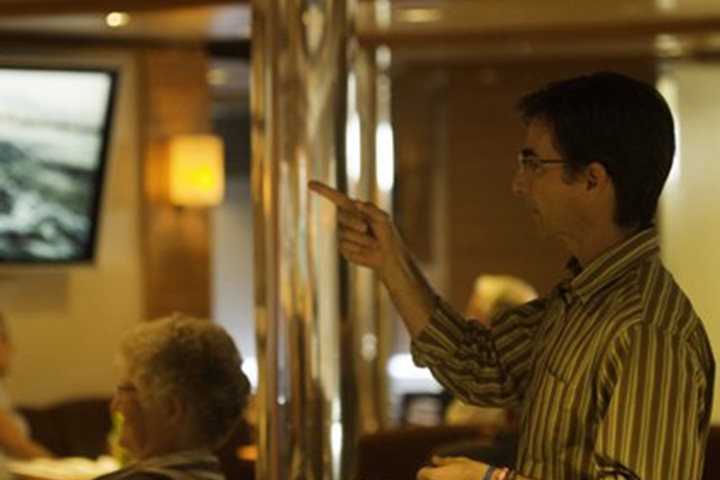It was good to approach Belém from up river, as do the many local traders whom we saw unloading and loading their river boats at the riverside Ver-o-Peso Market on our morning tour of the city. The market had separate sections for fruit and vegetable produce, for fresh fish and for traditional medicinal remedies. Belém, like its counterpart in Lisbon, is the Portuguese for Bethlehem, like the English name Bedlam, in each case named after an order of nuns who founded a hospice at the respective sites.
Other sites visited in the morning included the Basilica of Our lady of Nazereth, with its richly decorated interior and stained glass windows illustrating the Gospel story, and the Teatro de la Paz, a fine opera house built during the belle époque period of the rubber boom, where we were lucky enough to listen in on a rehearsal for a forthcoming production of Verdi’s Il Trovatore. In front of the theatre was a fine historic civic space, Independence Square, paved with the mosaic of small limestone and basalt blocks that characterize the urban street scene of any place in the world which the Portuguese colonized. The original Portuguese fort that historically protected the approaches to Belém now houses an interesting collection of artifacts, including fine ceramics, and its ramparts afforded fine views of the city’s situation at the Mouth of the Amazon.
Our ornithologically-inclined ship-mates spent the morning visiting the Utinga State Park, a protected forest that protects the catchment area of Belém’s water supply. The group reported sightings of the cream-colored woodpecker and the black-necked araçari together with squirrel monkeys and black tamarin, the latter a localized species to this part of Brazil.
After a delightful lunch in a restaurant overlooking the Para River our afternoon excursions included a visit to an artisan pottery at Icoaraci and to the Goeldi Natural History Museum and park, named after the Swiss naturalist, where we thrilled to be able to see and handle a newly-born indolence of baby three-toed sloths. Another option was a visit by river boat to the Boa Vista do Acara community where we sampled local produce and took a bush hike.
In the evening we were treated to a charming after dinner performance on the aft-deck by Dona Onete, a spritely 73-year-old diva born in the heart of the Amazon rainforest and passionate about the musical culture of her homeland.

